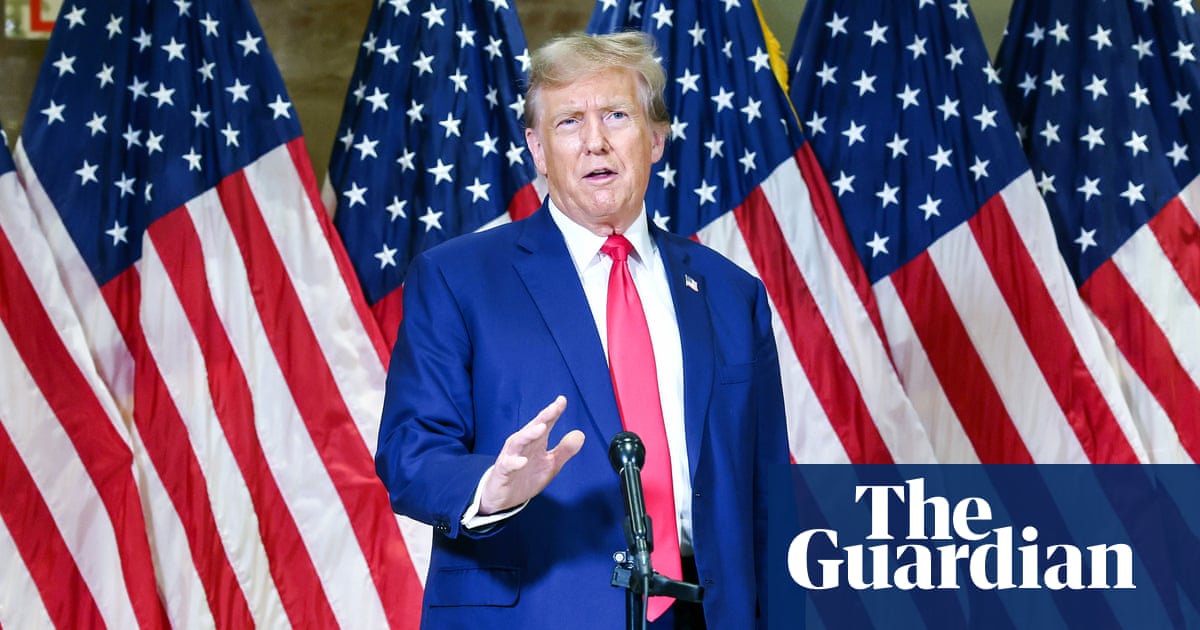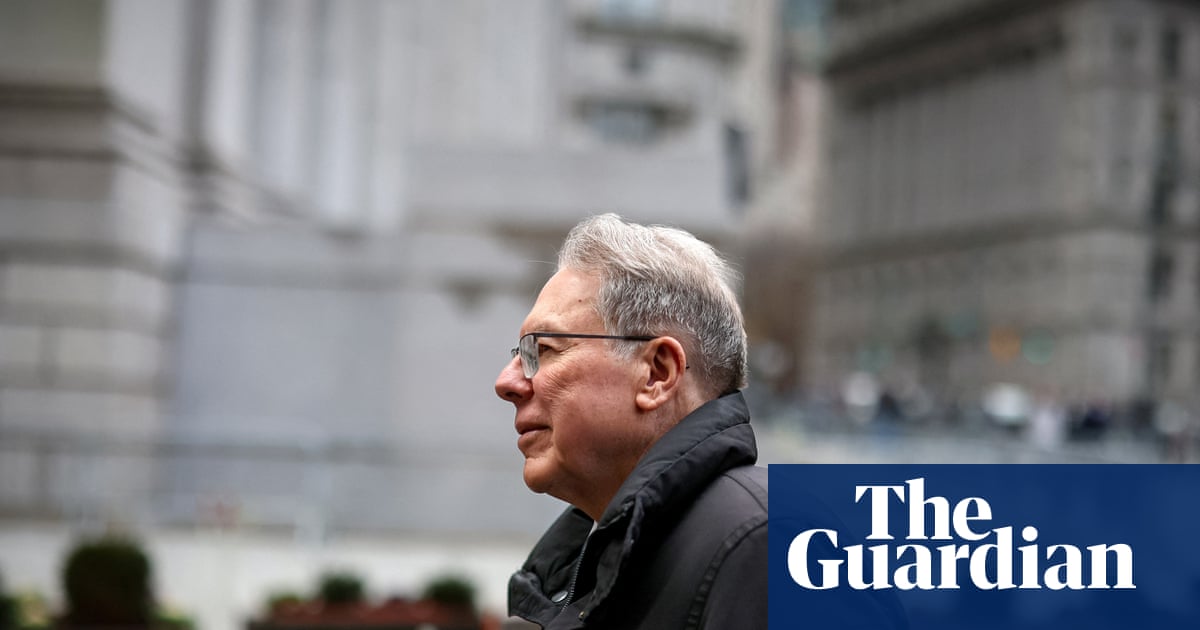
There is no time limit to deliberations but an acquittal or conviction would require unanimity
NEW YORK: Jurors return Thursday to a second day of deliberations in Donald Trump’s criminal trial, leaving the Republican presidential candidate and the country waiting for a decision that could upend November’s election.
After weeks of testimony from more than 20 witnesses on Trump’s alleged fraud in covering up a politically damaging tryst with a porn star, the spotlight is now on the 12-strong New York jury.
The jurors — their identities kept secret for their own protection amid nationwide political tensions — are working behind closed doors in a separate room.
The only clues to the direction they are taking come through requests for clarifications. They were due to start off Thursday by reexamining testimony from two witnesses and also hear again the judge’s instructions on how to interpret the law.
Trump, 77, is required to stay in the court building while deliberations unfold.
Although barred by Judge Juan Merchan with a gag order from attacking witnesses, he has taken out his anger daily on the judge and what he claims is a politically motivated trial.
“It’s a disgrace,” he said late Wednesday. “There’s no crime.”
There is no time limit to deliberations but an acquittal or conviction would require unanimity. If just one juror refuses to join the others, the judge would have to declare a mistrial.
Trump is accused of falsifying business records to reimburse a $130,000 payment to silence adult film star Stormy Daniels, when her account of an alleged sexual encounter could have imperiled his ultimately successful 2016 presidential campaign.
Prosecutors say the fraud was motivated by a plot to prevent voters from knowing about his behavior.
If Trump is found guilty, the political repercussions would far outweigh the seriousness of the charges as, barely five months before the November 5 presidential election, the candidate would also become a convicted criminal.
In closing arguments on Tuesday, Trump’s defense team insisted the evidence for a conviction simply did not exist, while the prosecution countered that it was voluminous and inescapable.
“The defendant’s intent to defraud could not be any clearer,” said prosecutor Joshua Steinglass, urging the jurors to use their “common sense” and return a guilty verdict.
If convicted, Trump faces up to four years in prison on each of the 34 counts, but legal experts say that as a first-time offender he is unlikely to get jail time.
A conviction would not bar him from the November ballot and he would almost certainly appeal. In the case of a mistrial, prosecutors could seek a new trial.
Trump — required to attend every day of the proceedings — has used his trips to court and the huge media presence to spread his claim that the trial is a Democratic ploy to keep him off the campaign trail.
Polls show Trump neck and neck against President Joe Biden, and the verdict will inflame passions as the White House race intensifies.
In addition to the New York case, Trump has been indicted in Washington and Georgia on charges of conspiring to overturn the results of the 2020 election.
He also faces charges in Florida of hoarding huge quantities of classified documents after leaving the White House.
However, the New York case is the only one likely to come to trial by election day.












